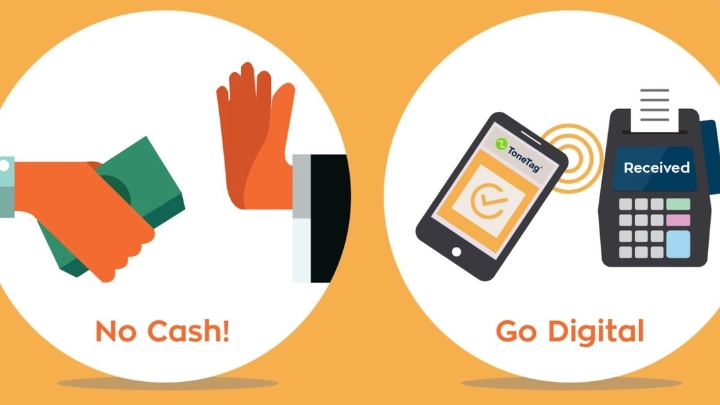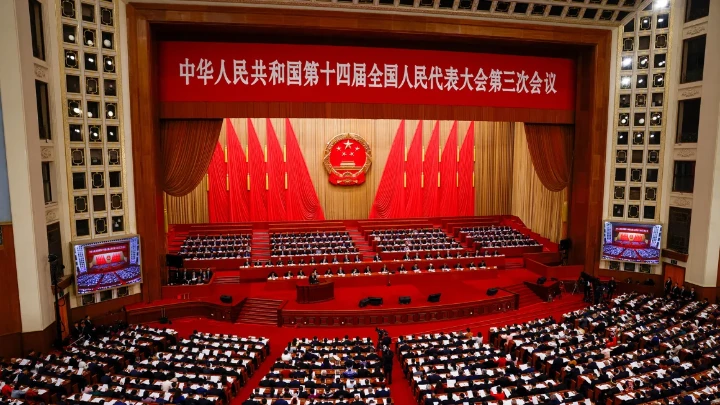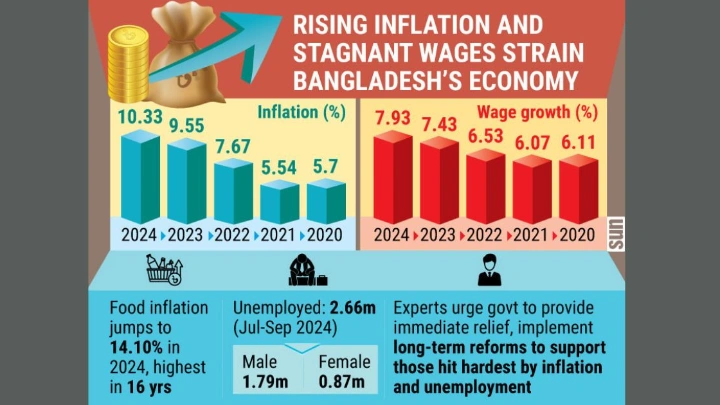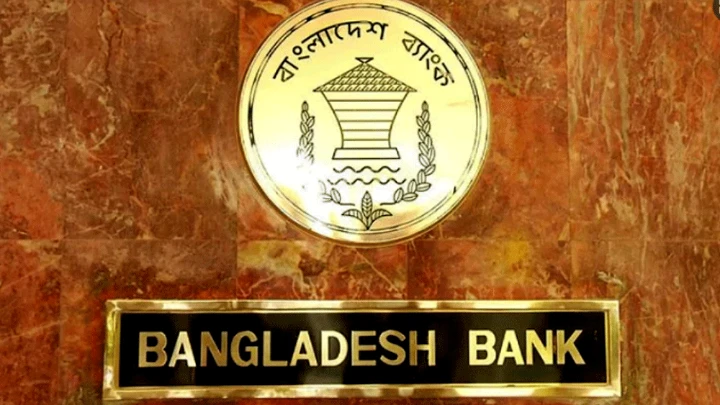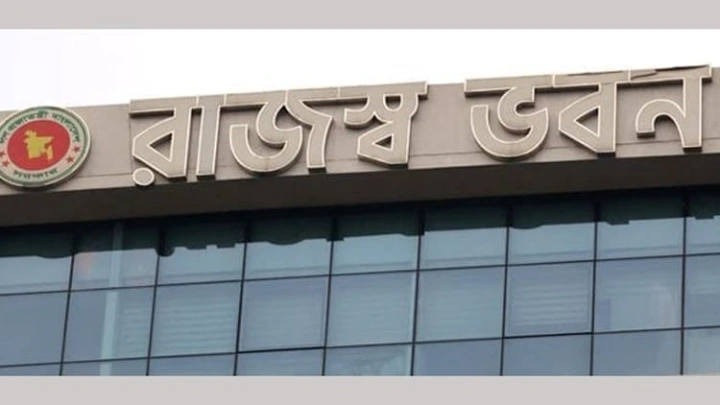BB official tells BASIS workshop
Govt aims for a cashless economy by 2031
DailyStar || Shining BD
The government has set a target to transform the country into going completely cashless, that is when payments will be made solely online, by 2031, said a top official of Bangladesh Bank.
"The honourable prime minister has set a target of achieving 30 percent of transactions in the cashless format by 2025 and 100 percent by 2031," said Md Mezbaul Haque, executive director of the central bank.
The cabinet has assured the banking regulator of its support through interventions wherever necessary, he told a workshop titled "Way Forward to Increase Cashless Payment" organised by the Bangladesh Association of Software and Information Services (BASIS) on its Dhaka premises.
Haque criticised banks' app promotional initiatives, saying that most of their Dhaka branch officials do not know anything about their own apps.
"I acknowledge that many banks have very beautiful apps…they are not marketing it. The use of apps is mainly confined to fund transfers. But the smoothest service is over making payments, which is not being used," he said.
That means customers are being taught only to transfer money and so, banks have a role to play in this regard, he said, adding that bank officials would also have to learn how to make cashless payments.
Haque criticised some banks for failing to generate any transaction in spite of acquiring merchants, saying that their efforts to go cashless such as developing apps and acquiring merchants have now become a ceremonial function.
"I want to be very clear with you that I don't believe in ceremonial activity. If you think that you are making losses (by going cashless), we will make every service costlier for you too," he said.
"You (banks) get many services free of cost (from Bangladesh Bank)…Why are we giving this free of cost service? It's for the customers. So, if the customers are not served, why should we give you free of cost services," he asked.
If customers do not get digital payment services, Bangladesh Bank will discontinue some of the free of cost services, he said.
He urged banks and fintech institutions to assist the government in in achieving its goal of expanding cashless transactions in Bangladesh, assuring that the central bank would provide necessary policy support.
There needs to be more coordination between Bangladesh Bank and the National Board of Revenue (NBR), said Fahim Mashroor, chairman of the BASIS standing committee on fintech and digital payment.
"Some of the recent rules and actions of the NBR are discouraging people from making digital payment and causing them to opt for cash transactions only," he said.
He also suggested greater collaboration between banks and fintech companies to jointly promote digital payment.
Representatives from banks, mobile financial service and payment service providers, payment system operators as well as representatives of small, medium and large retail businesses and networks participated in the workshop.
To popularise BB's uniform digital payment method Bangla QR, every bank should introduce a mobile app for customers while existing apps should be simplified and made more user-friendly to encourage greater usage, they said.
Small shop owners should ensure that digital payments received from customers can be seamlessly transferred to suppliers or wholesalers without cash involvement while digital funds should be easily withdrawable just as cash, they added.
Bangladesh Bank needs to ensure real-time payments and interoperability among different payment systems, they said.
Waseem Alim, CEO of online grocery and food provider Chaldal, said although he was witnessing more digital transactions on the Chaldal platform, 75 percent of payments were still being made in the form of cash.
"Also, as a merchant I am incentivised to use cash because my cost is 0.6 percent, which includes maintaining a cashier at 19 locations in an AC room, cost of transporting cash etc," he said.
But the cost of mobile financial service is 1.5 per cent and card is 2.5 percent. So digital transaction cost needs to be less than 0.6 percent, he added.
Mohammad Arif Hossain, CEO of payment service provider Dmoney, said if the government gives merchants a 1 percent incentive and customers a 2 percent cashback, it could yield big results.
"This move would boost government revenue through higher VAT and tax collections. It would also make transactions easier to track, promoting honesty and transparency," he added.
Moderating the event, Syed Mohammad Kamal, country manager for Bangladesh at Mastercard, said incentives were crucial at both the consumer and small merchant ends for encouraging digital payments.
Shining BD

